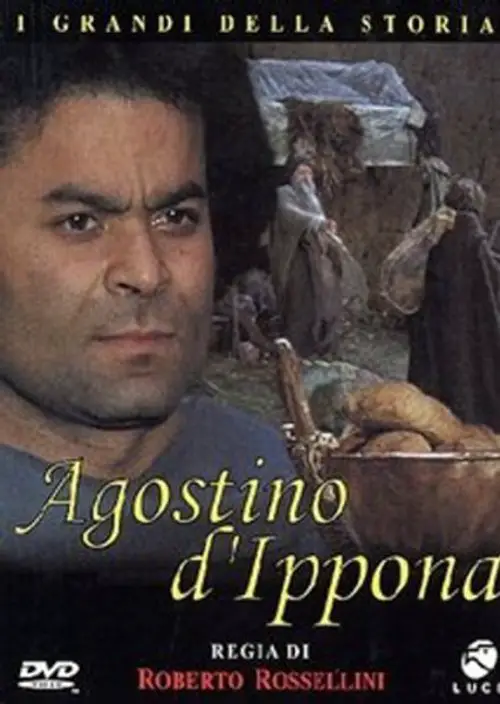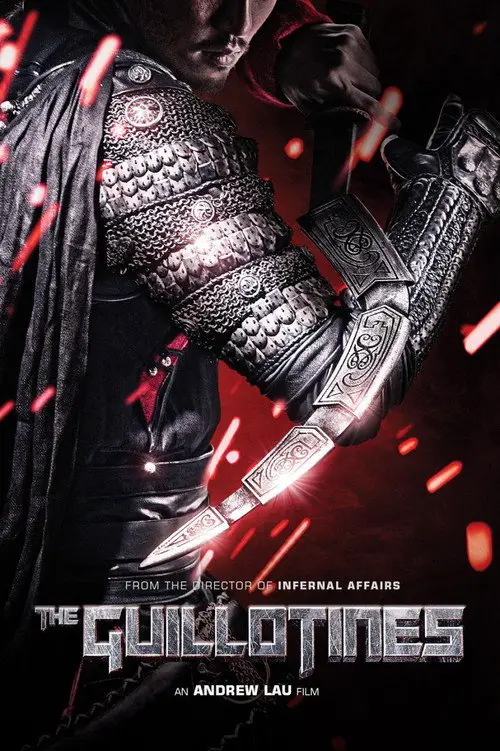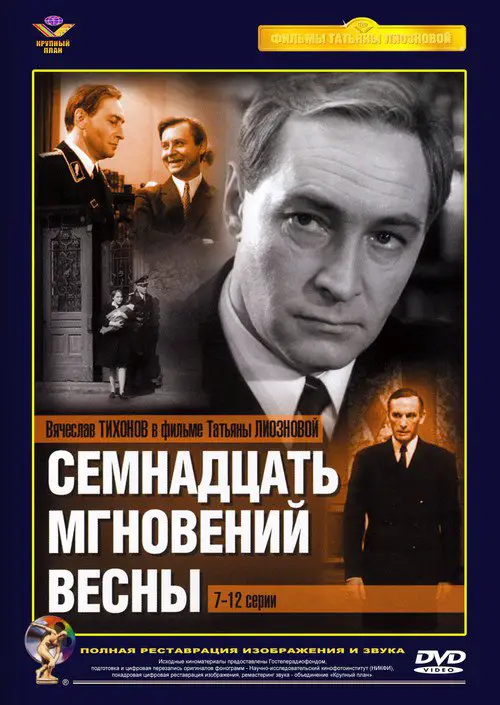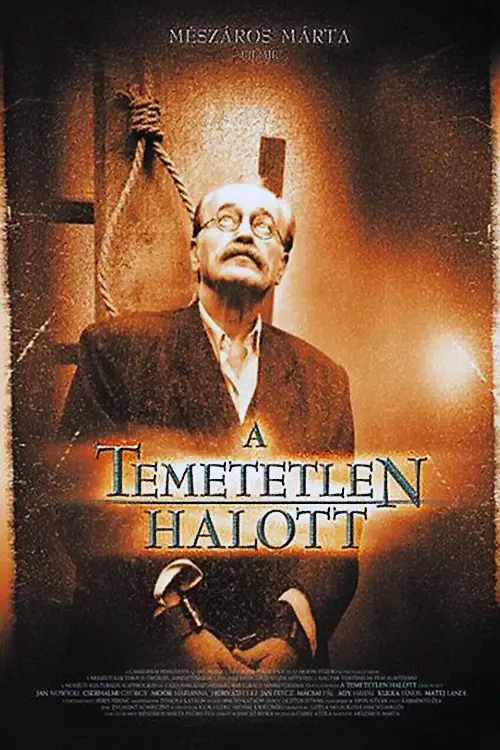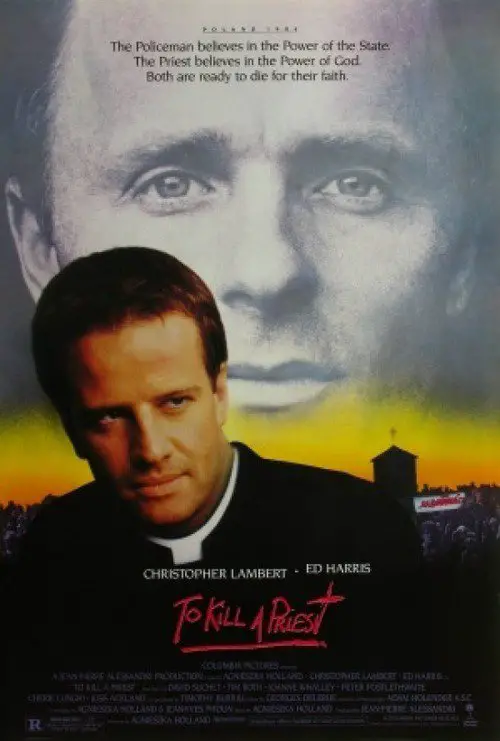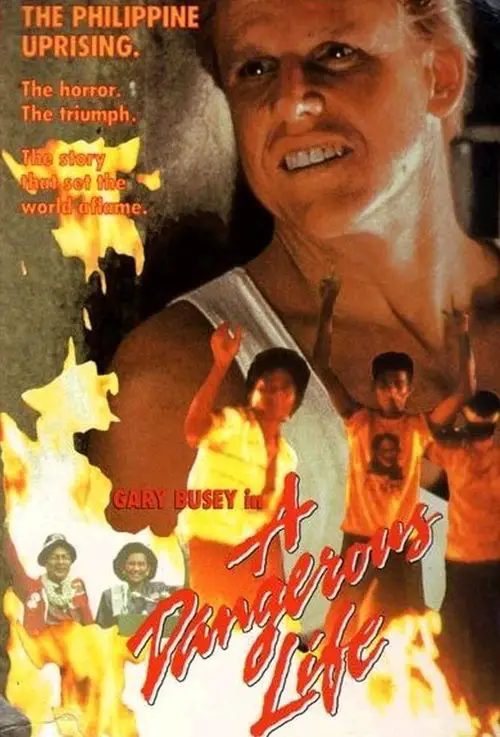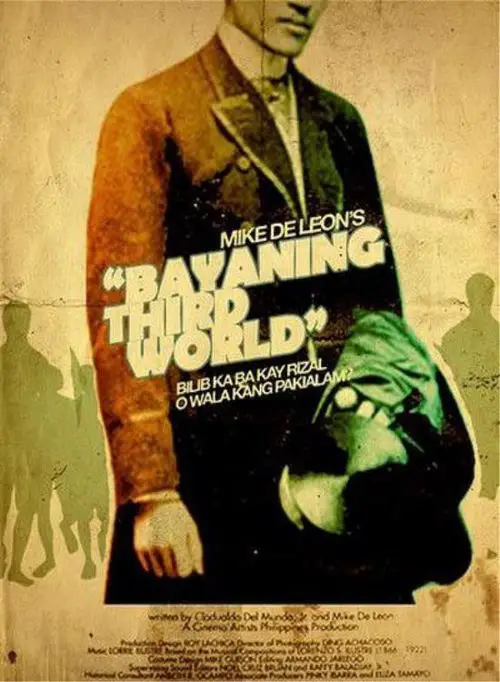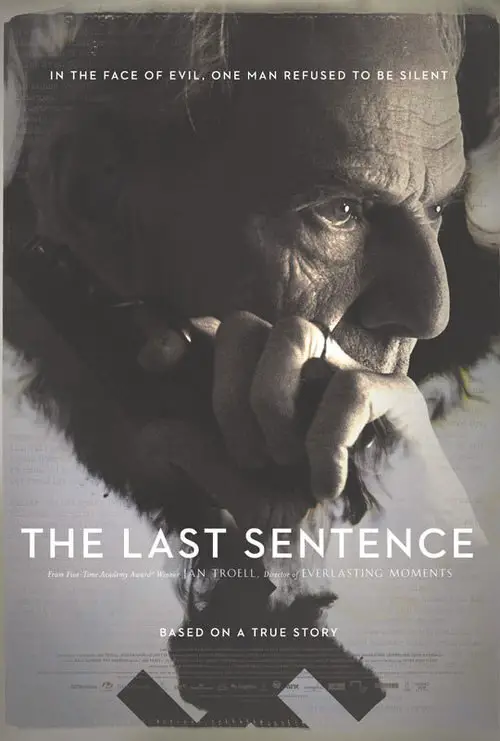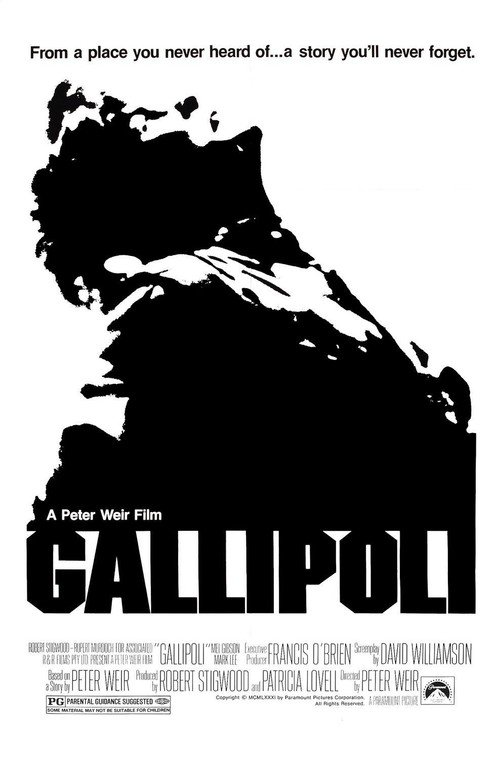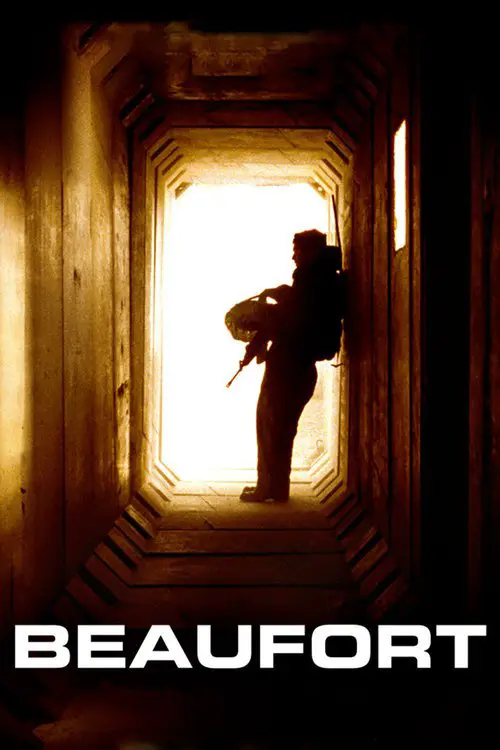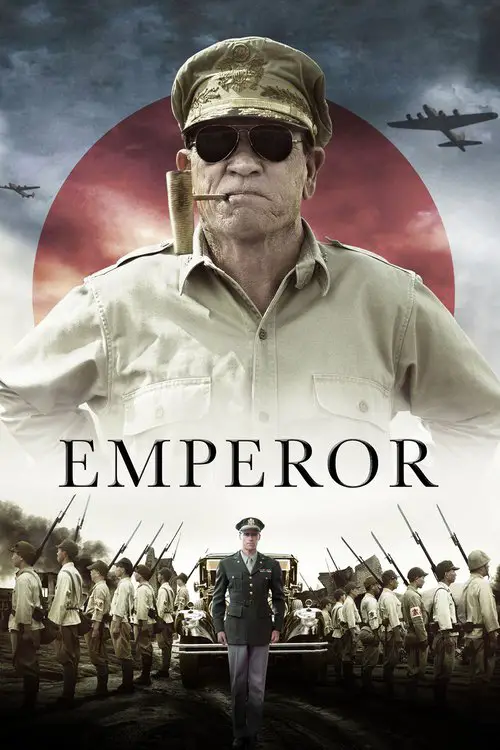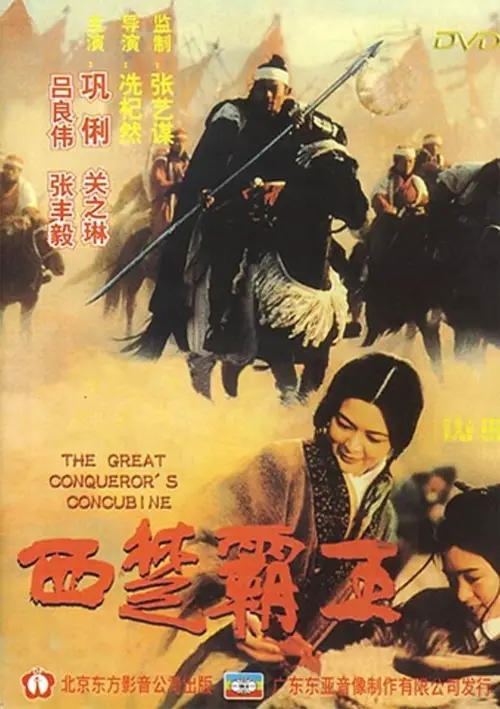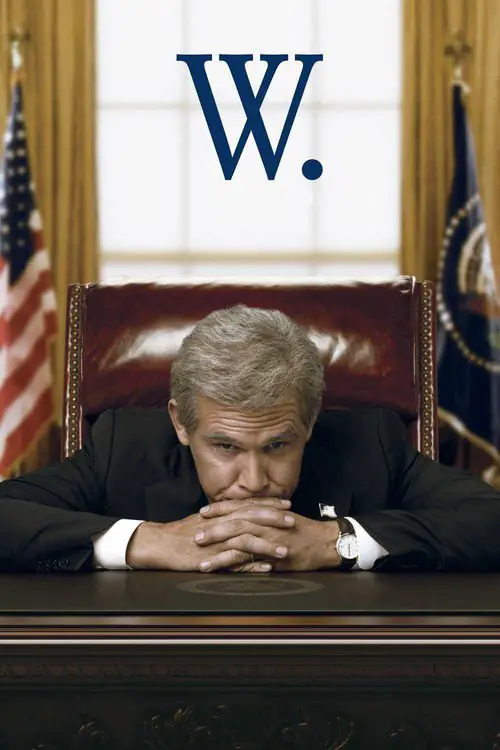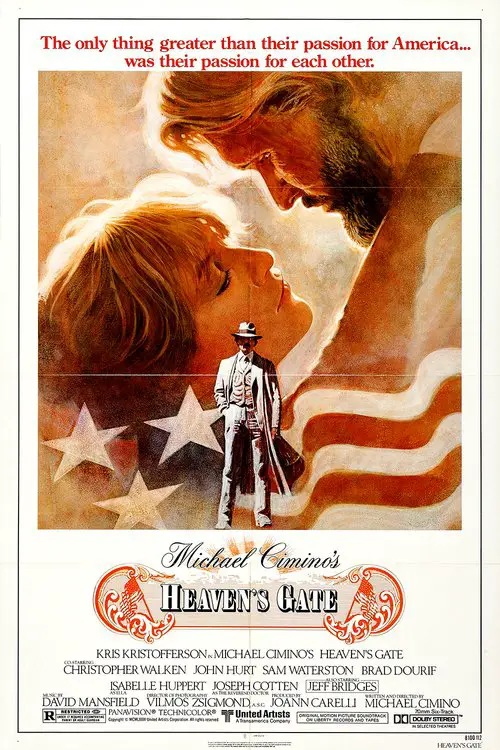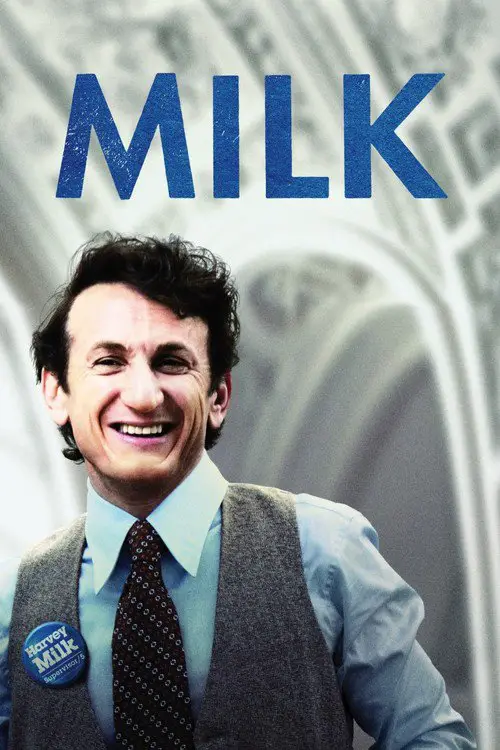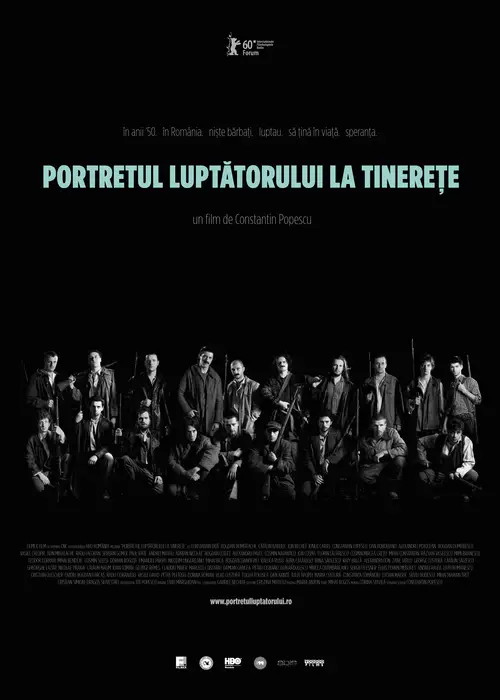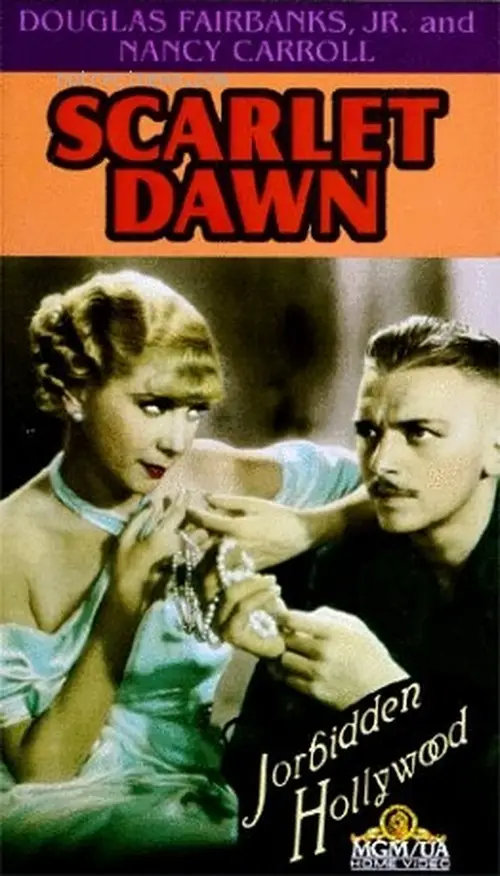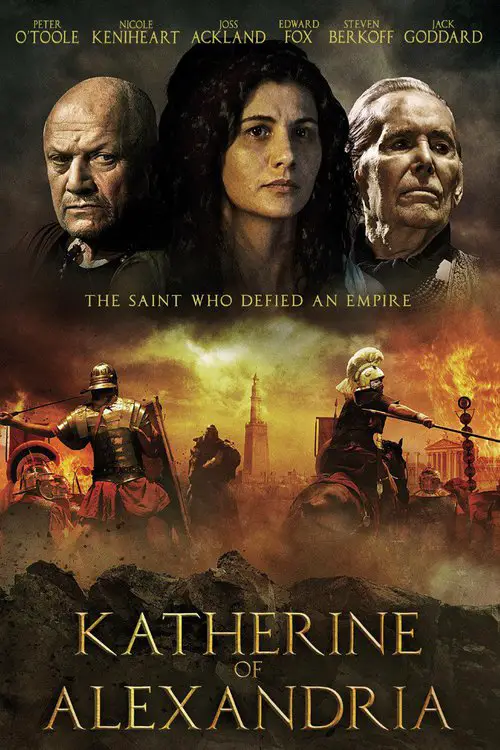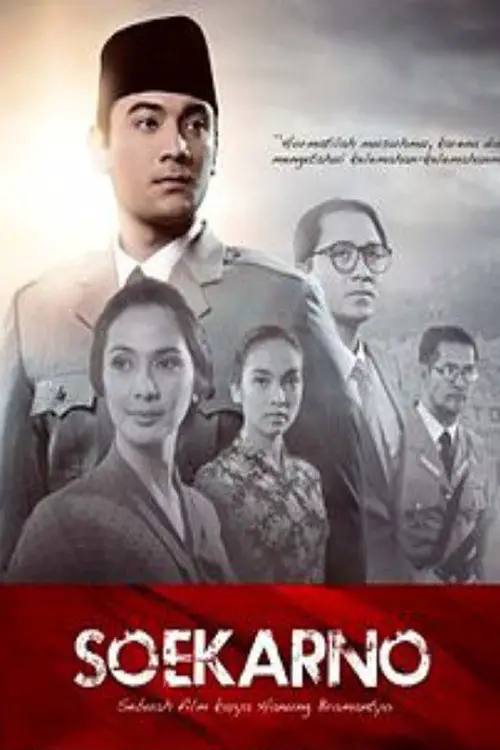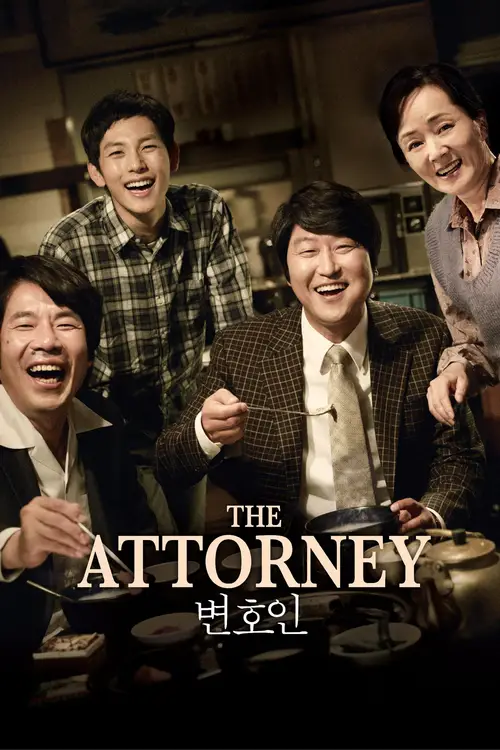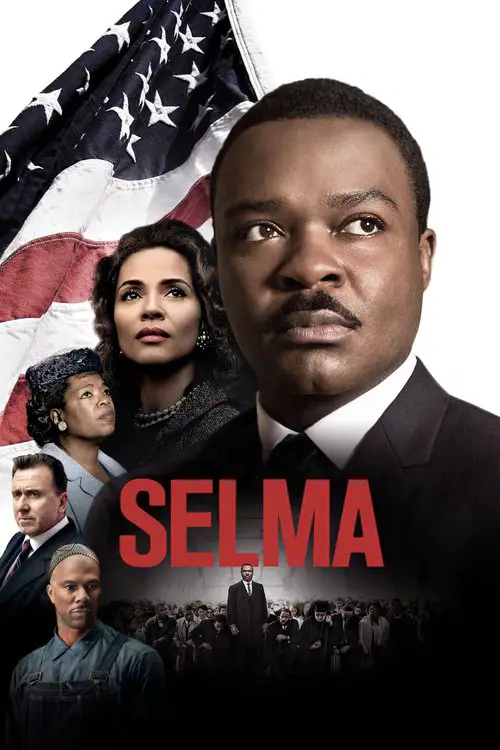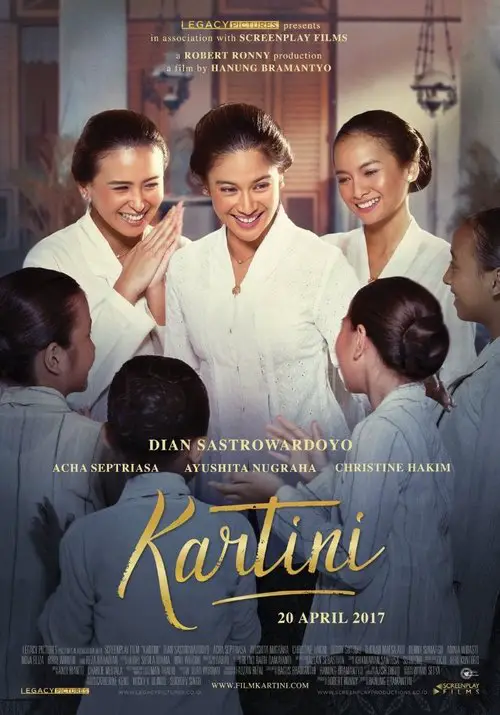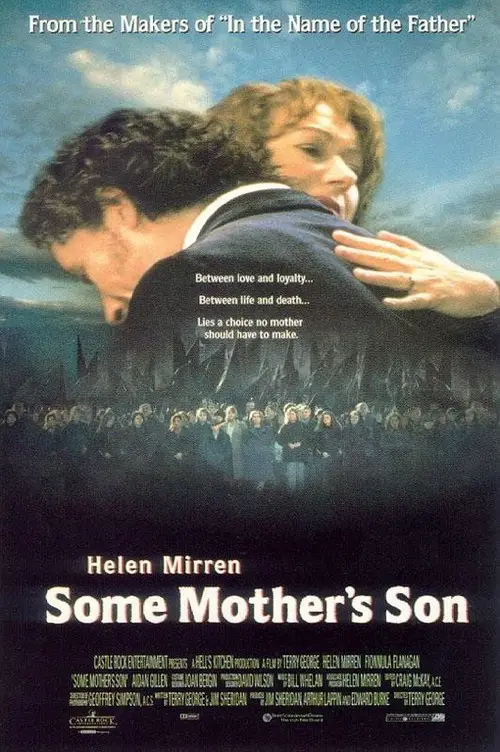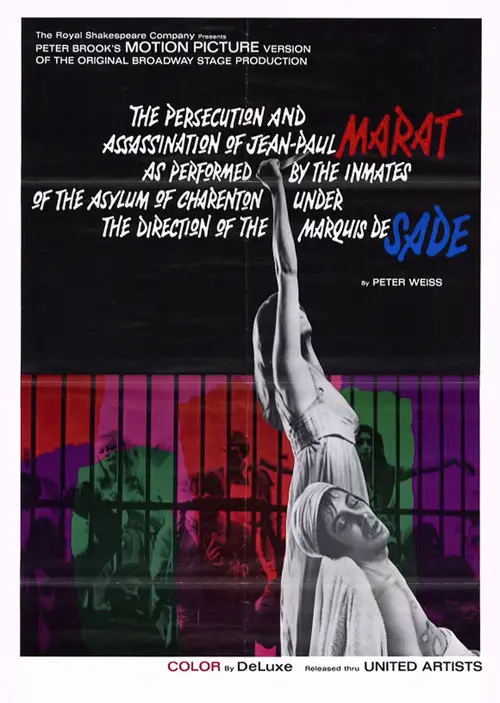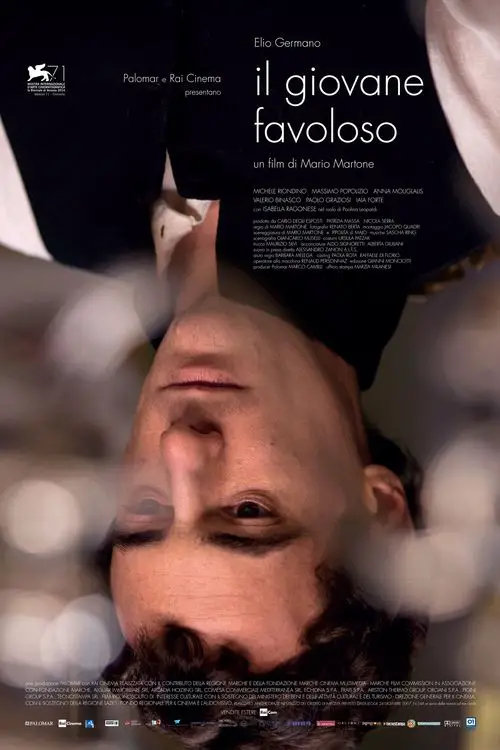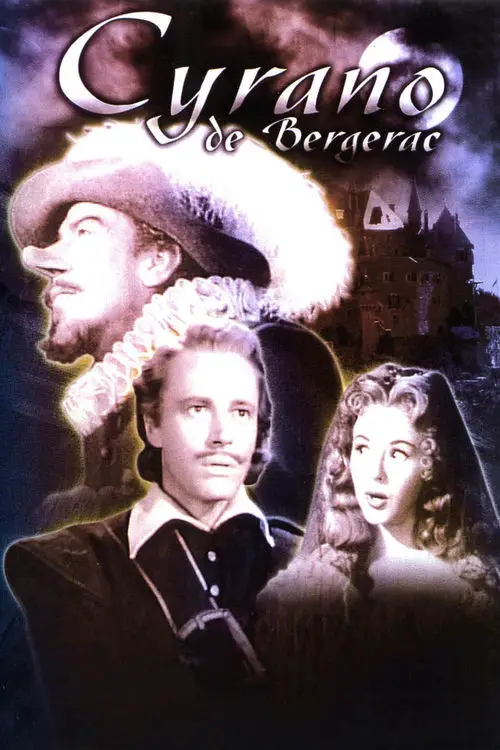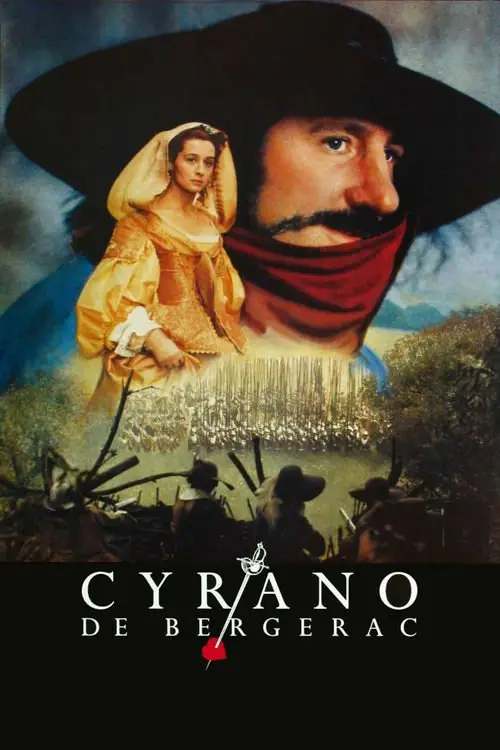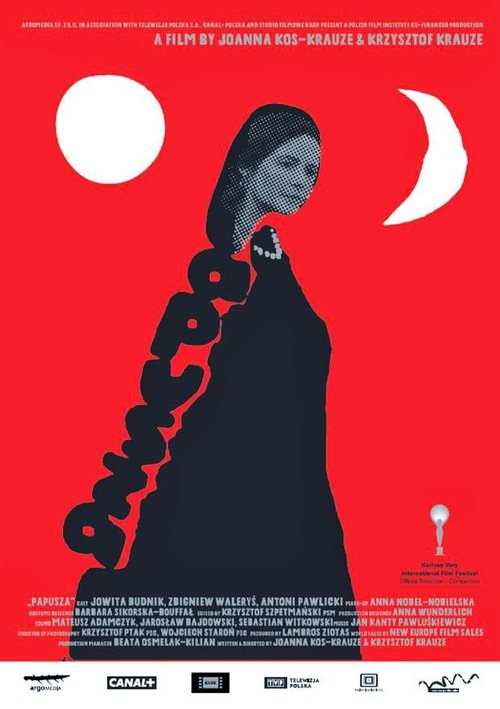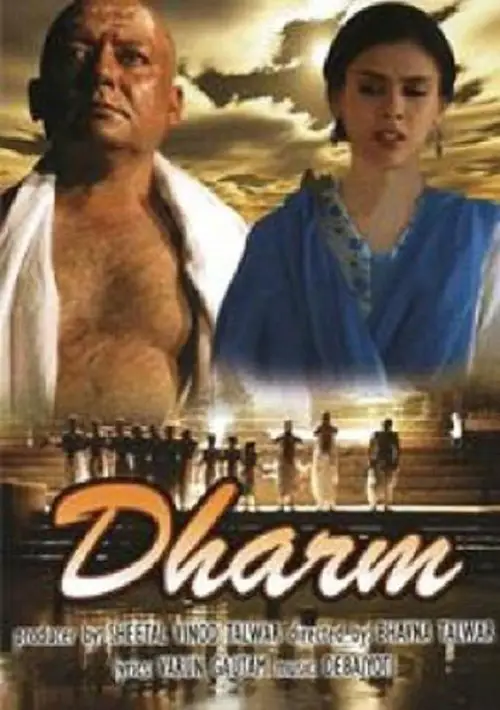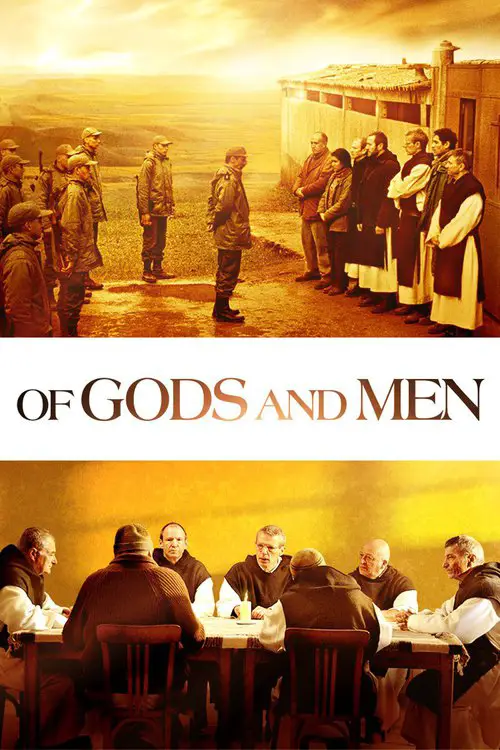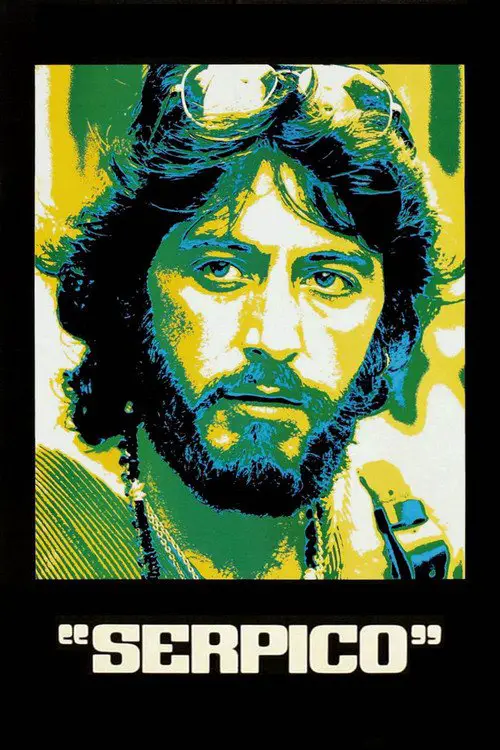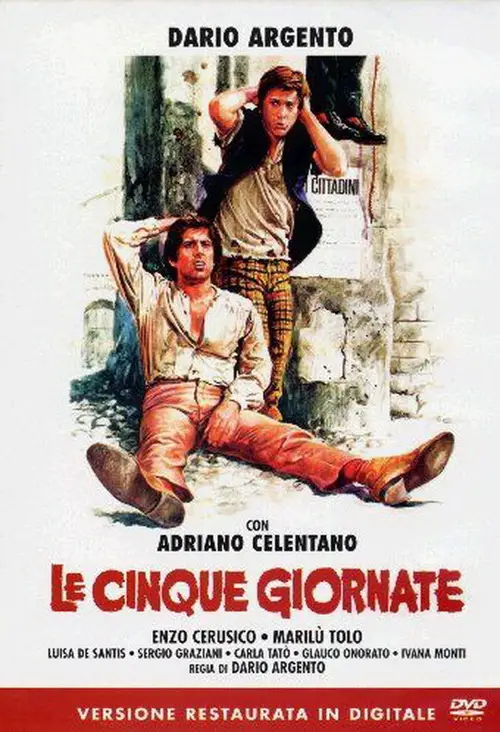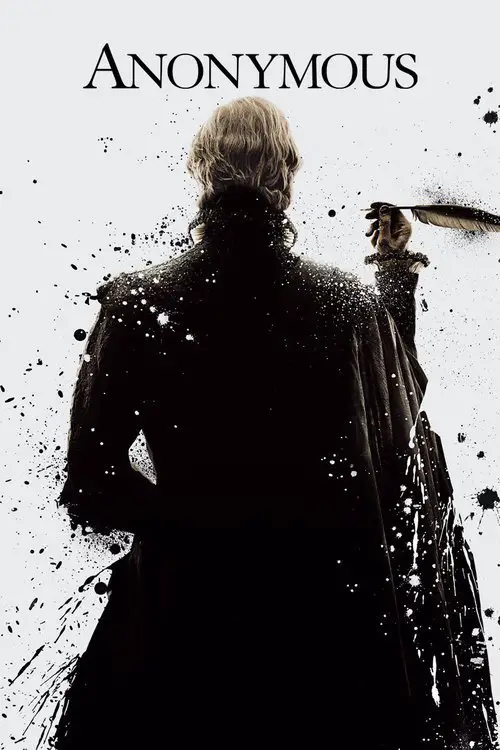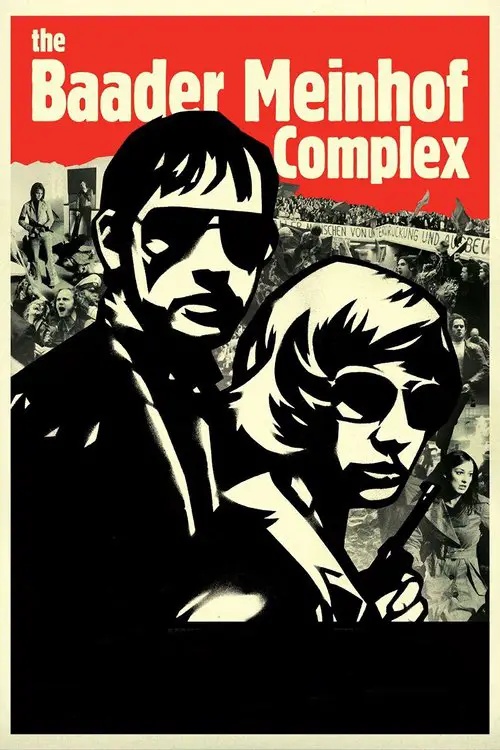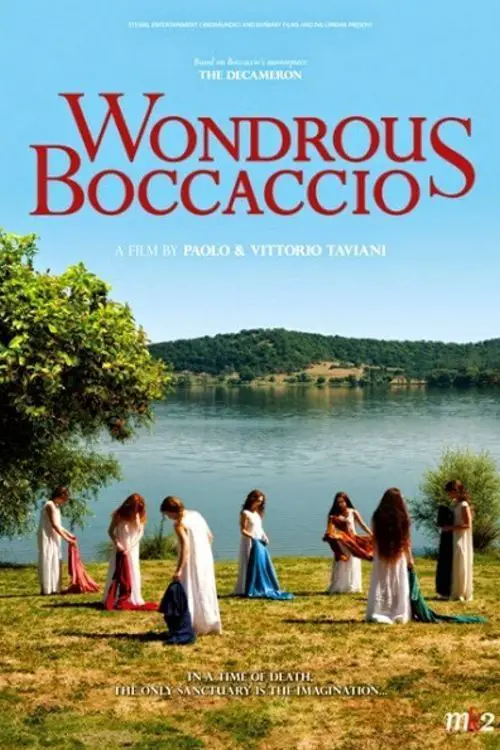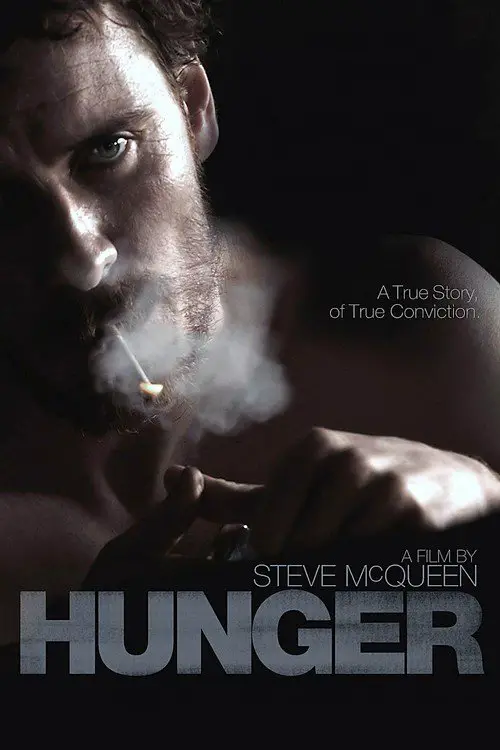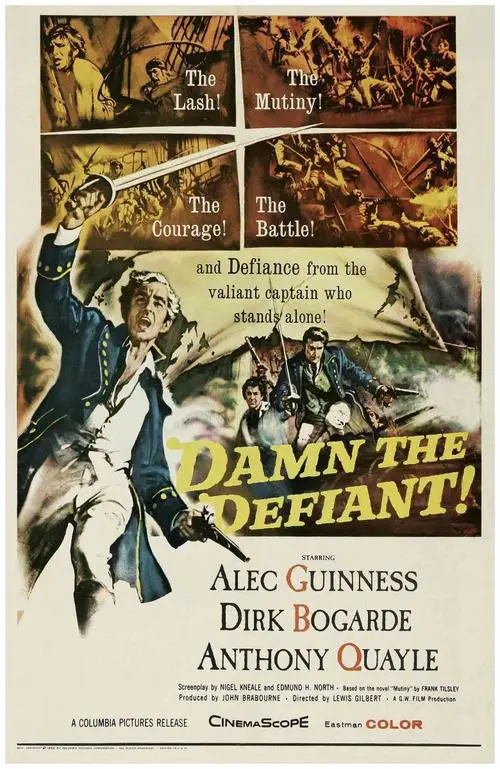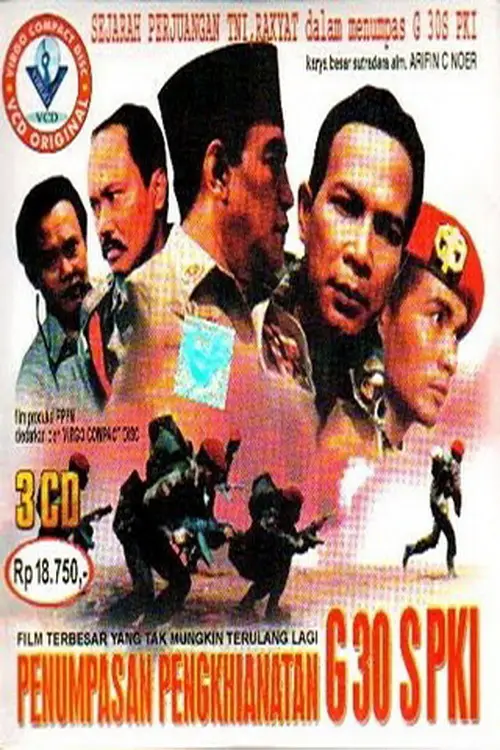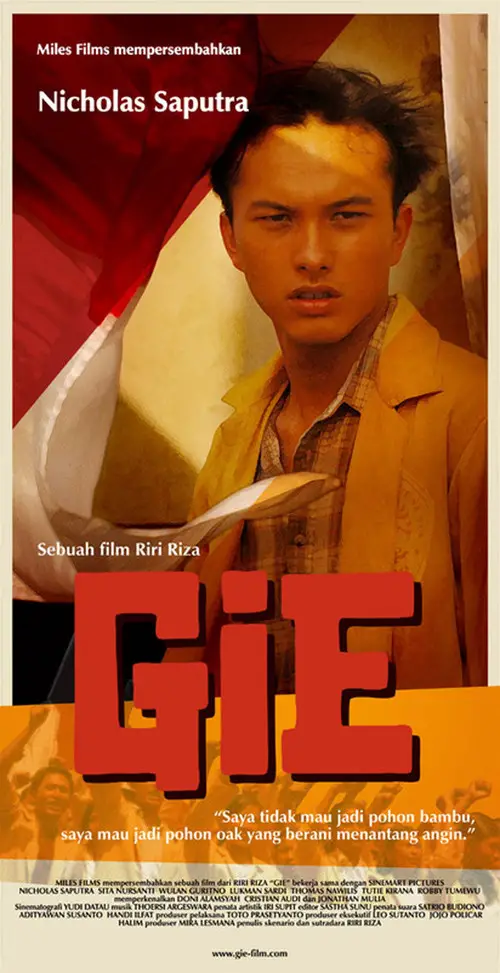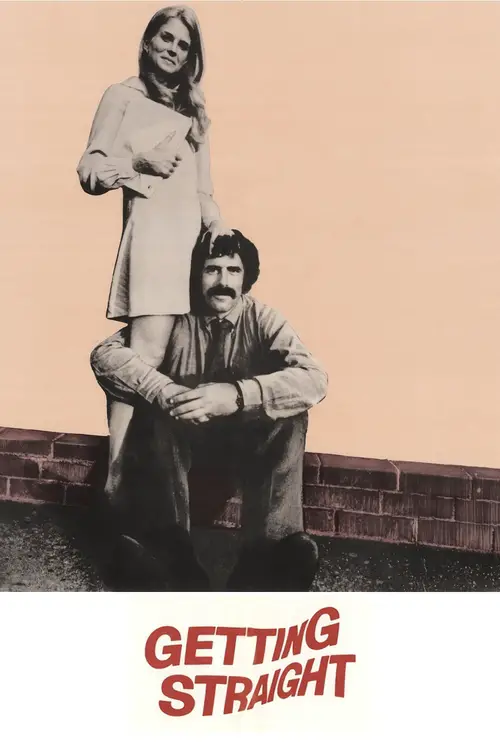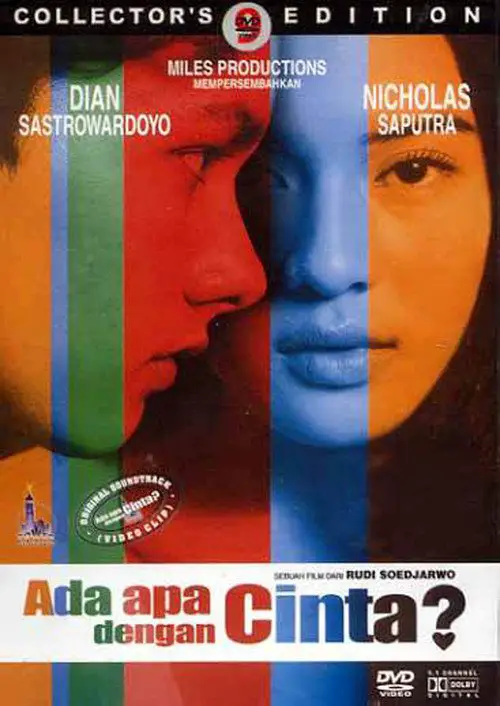Solo, Solitude (2016)
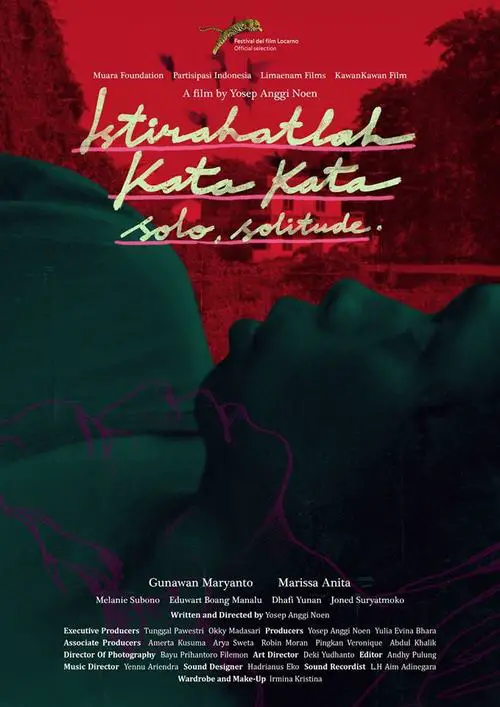
Similar movies
During the Manchurian-ruled Qing Dynasty, Emperor Yong Zheng established a secret assassination squad known as the Guillotines to eliminate all who opposed him. Once heavily favored by the Emperor, the Guillotines are deemed expendable once Emperor Qian Long ascends to the throne and adopts Western ideas and technology. To consolidate his power under a new regime, the Emperor continues to use the Guillotines to persecute the conquered Han Chinese in a reign of terror and oppression. Written by Anynomous
The series is based on a true story of a Russian spy Colonel Isaev (Stirlitz) in Fascist Germany during 17 days in very end of WWII. Stirlitz has worked his way to the very top of the Fascist hierarchy without being caught. However, his "colleagues", top Hitler's officers Borman, Mueller, Schellenberg are beginning to suspect him. Stirlits is constantly walking on the edge between his two identities, sending information to Russia, while skillfully maintaining the appearance of loyalty to fascist regime.
One of the doyennes of Hungarian film deals with a dark period of national history: the Soviet regime in Hungary. She portrays it through the fate of the former prime minister and national hero, Imre Nagy. The script is based on the diary written by Imre Nagy, and the memories of his daughter, Erzsébet Nagy, as well as authentic documents and records.
A Dangerous Life is a 1988 English-language Australian film about the final years of the Philippines under Ferdinand Marcos' rule, from the assassination of Benigno Aquino, Jr. in 1983 to the People Power EDSA Revolution in 1986 that ousted Marcos. The film focuses on American TV journalist (Gary Busey), who finds himself in the middle of key events that lead to the downfall of the Marcos regime. Originally airing on television as a mini-series that ran for a total of six hours, the film was edited to 162 minutes for the home video release.
Two filmmakers try to create a film venturing on the life of Jose Rizal. Before they do that, they try to investigate on the heroism of the Philippine national hero. Of particular focus is his supposed retraction of his views against the Roman Catholic Church during the Spanish regime in the Philippines which he expressed primarily through his two novels Noli Me Tangere and El Filibusterismo. The investigation was done mainly by "interviewing" key individuals in the life of Rizal such as his mother Teodora Alonso, his siblings Paciano, Trinidad, and Narcisa, his love interest and supposed wife Josephine Bracken, and the Jesuit priest who supposedly witnessed Rizal's retraction, Fr. Balaguer. Eventually, the two filmmakers would end up "interviewing" Rizal himself to get to the bottom of the issue.
Renowned journalist Torgny Segerstedt declares war against Hitler as he criticizes Swedish politicians who tried to look away from the tyranny of the Nazis with the good excuse of âneutralismâ. His only weapon is his pen and his life is full of gossip such as an affair with his bossâ wife, a love scandal with a secretary younger than his daughter, and the suicide of his wife. However, he continues to fight a one man battle against Hitler and the Nazi regime until his death, throwing the question âCan one person really change history?â to the audience.
As World War I rages, brave and youthful Australians Archy and Frank, both agile runners, become friends and enlist in the Australian and New Zealand Army Corps together. They later find themselves part of the Dardanelles Campaign on the Gallipoli peninsula, a brutal eight-month conflict which pit the British and their allies against the Ottoman Empire and left over 500,000 men dead.
BEAUFORT tells the story of LIRAZ LIBERTI, the 22 year-old outpost commander, and his troops in the months before Israel pulled out of Lebanon. This is not a story of war, but of retreat. This is a story with no enemy, only an amorphous entity that drops bombs from the skies while terrified young soldiers must find a way to carry out their mission until their very last minutes on that mountaintop.
Whether you love him or hate him, there is no question that George W. Bush is one of the most controversial public figures in recent memory. W takes viewers through Bushâs eventful life -- his struggles and triumphs, how he found both his wife and his faith, and of course the critical days leading up to Bushâs decision to invade Iraq.
After the murder of the Russian Emperor Peter III, who was succeeded by Empress Catherine, Satan decides that the balance between good and evil on Earth has been destabilized. In order to set things right, he sends his representative to Earth - the teacher Farfa, who bears an unusual resemblance to Peter III. His mission is to seize power from the old Duke of Montenegro, and then to take back the Russian throne as Peter III. The people of Montenegro accept Farfa as their new leader, and he proclaims himself the new Emperor, Scepan Mali, successfully resisting an invasion by the Turks. Farfa is touched by the Montenegrins' kindness and courage, falls in love with the beautiful Elfa, and fails to follow Satan's plan. Not one to be crossed, Satan sets out to kill him.
The crowning achievement of Orson Wellesâs later film career, Chimes at Midnight returns to the screen after being unavailable for decades. This brilliantly crafted Shakespeare adaptation was the culmination of Wellesâs lifelong obsession with the Bardâs ultimate rapscallion, Sir John Falstaff, the loyal, often soused childhood friend to King Henry IVâs wayward son Prince Hal.
Harvard graduate James Averill (Kris Kristofferson) is the sheriff of prosperous Jackson County, Wyo., when a battle erupts between the area's poverty-stricken immigrants and its wealthy cattle farmers. The politically connected ranch owners fight the immigrants with the help of Nathan Champion (Christopher Walken), a mercenary competing with Averill for the love of local madam Ella Watson (Isabelle Huppert). As the struggle escalates, Averill and Champion begin to question their decisions.
The story of California's first openly gay elected official, Harvey Milk, who became an outspoken agent for change, seeking equal rights and opportunities for all. His great love for the city and its people brought him backing from young and old, straight and gay, alike â at a time when prejudice and violence against gays was openly accepted as the norm.
When the Soviet Army marched into Romania in 1944, a part of the Romanian population went âinto the mountainsâ â a diverse assortment of nationalists and fascists, liberals, apolitical farmers and members of the middle-class, who were affected by the Communistsâ expropriations. Over a thousand armed resistance groups took refuge in the inaccessible forests of the Carpathian Mountains where they waited in vain for the support of the Western Allies. One of them was led by Ion GavrilÄ-Ogoranu, who managed to remain undetected until 1976 when he was arrested. This film depicts the daily existence of this group. It tells the story of a struggle that became an end in itself, as the enemy was constantly in pursuit and arrest meant torture and often liquidation. Hungry and emotionally withdrawn, the group of young men got entangled in a partisan war that could not be won, lost in the landscape of the South Carpathians, accompanied by a vigilant secret police, the Securitate.
The Russian Revolution provides the backdrop of this costume epic that centers around a young nobleman who, with his maid, escapes from his homeland to Constantinople where the two marry and begin a new life as commoners. But though it seemed a good idea at the time, the aristocrat has trouble adjusting to the daily toil and grimness of his new existence and when he meets an exciting seductress he immediately, abandons his good, peasant wife. With his shady lady, the fellow tries to become a con artist, but it doesn't work. He decides to return to his wife, and gets there just as she is about to be sent back to Russia. Much of the film was shot in real homes in Constantinople.
1942, The Nederlands(ch)-Indië Government in Java Island captured Soekarno, an aspiring young man who wants to free Indonesia from colonialism. He was then put in Banceuy Prison at Bandung, Indonesia. Instead of lamenting, Soekarno found a way to fight back by delivering his famous defence oration "Indonesi Acccuse!" in his trial at Bandung Laandraad Courthouse. This story follows the life of Soekarno, Republic of Indonesia's first president, from his childhood until he managed to proclaimed Indonesian freedom with M. Hatta.
In the early 1980s, South Korea is torn by student protests over the lack of representation in the government. Song Woo-Seok is a successful attorney in Busan specializing in tax law. His views regarding civil liberties are changed by student activist Park Jin-woo. When Jin-Woo is brutally tortured and put on trial for his activism, Woo-seok decides to defend Jin-woo as his client.
In Warsaw in 1980, the Communist Party sends Winkel, a weak, alcoholic TV hack, to Gdansk to dig up dirt on the shipyard strikers, particularly on Maciek Tomczyk, an articulate worker whose father was killed in the December 1970 protests. Posing as sympathetic, Winkel interviews the people surrounding Tomczyk, including his detained wife, Agnieszka.
In 1893, Gandhi is thrown off a South African train for being an Indian and traveling in a first class compartment. Gandhi realizes that the laws are biased against Indians and decides to start a non-violent protest campaign for the rights of all Indians in South Africa. After numerous arrests and the unwanted attention of the world, the government finally relents by recognizing rights for Indians, though not for the native blacks of South Africa. After this victory, Gandhi is invited back to India, where he is now considered something of a national hero. He is urged to take up the fight for India's independence from the British Empire. Gandhi agrees, and mounts a non-violent non-cooperation campaign of unprecedented scale, coordinating millions of Indians nationwide. There are some setbacks, such as violence against the protesters and Gandhi's occasional imprisonment. Nevertheless...
Based on the true story of the 1981 hunger strike in a British prison, in which IRA prisoner Bobby Sands led a protest against the treatment of IRA prisoners as criminals rather than as prisoners of war. The film focuses on the mothers of two of the strikers, and their struggle to save the lives of their sons.
In Charenton Asylum, the Marquis de Sade directs a play about Jean Paul Marat's death, using the patients as actors. Based 'The Persecution and Assassination of Jean-Paul Marat as Performed by the Inmates of the Asylum of Charenton Under the Direction of the Marquis de Sade', a 1963 play by Peter Weiss.
José Ferrer won the Oscar for Best Actor for his portayal of the swordsman-poet using his silver tongue to woo the woman he loves for another man. Cyrano de Bergerac is a play written in 1897 by Edmond Rostand. Although there was a real Cyrano de Bergerac, the play is a fictionalization of his life that follows the broad outlines of it. The entire play is written in verse, in rhyming couplets of twelve syllables per line, very close to the Alexandrine format, but the verses sometimes lack a caesura. It is also meticulously researched, down to the names of the members of the Académie française and the dames précieuses glimpsed before the performance in the first scene. The play has been translated and performed many times, and is responsible for introducing the word "panache" into the English language.
The story is based in Banaras and is about a Hindu Priest Chaturvedi (Pankaj Kapoor) who follows the scriptures to practice Hindu religion. When a child is abandon by a woman and brought in his house by his daughter - after initial hesitation but due to requests from his wife (Supriya Pathak) - the family adapts the child; only to know after 4 years that the child is a Muslim. The family gives away the child and Chaturvedi engulfs himself in the purification process to cleanse his body, mind and soul due to contact with a Muslim soul. By the time, Chaturvedi thinks he is fully purified â the child reappears â seeking refuge, due to Hindu- Muslim riots. This is the time Chaturvedi finally realizes that the true religion is - religion where humans help humans â humanity.
French drama based on the 1996 kidnapping and killing of seven monks in Algeria. A group of Trappist monks reside in the monastery of Tibhirine in Algeria, where they live in harmony with the largely muslim population. When a bloody conflict between Algeria's army and Muslim Jihadi insurgents disrupts the peace, they are forced to consider fleeing the monastery and deserting the villagers they have ministered to. In the face of deadly violence the monks wrestle with their faith and their convictions, eventually deciding to stay and help their neighbours keep the army and the insurgents at bay.
Serpico is a 1973 American biopic directed by Sidney Lumet and starring Al Pacino. It's based on Peter Maas' biography of NYPD officer Frank Serpico, who went undercover to expose corruption in the force. The film and its principals were nominated for numerous awards, and together with Scarecrow, which was released the same year, it marked the big breakthrough for Al Pacino. The film was also a commercial success.
As Italy becomes engulfed in a bubbling revolution to finally get rid of the ruling Austrian's,a patriotic prisoner called Cainazzo begins to wonder if he will soon get the chance to see the revolution in action away from his prison cell.Suddenly,a cannon ball comes flying through the air and knocks the main wall of the prison down. Excited in at last having the chance to see the change taking place in person,Cainazzo hits a bumpy road,when one of his former fellow prisoner yells out to all the revolutionary gangs that Cainazzo is not a patriot,but is in fact a traitor!
Der Baader Meinhof Komplex depicts the political turmoil in the period from 1967 to the bloody "Deutschen Herbst" in 1977. The movie approaches the events based on Stefan Aust's standard work on Die Rote Armee Fraktion (RAF). The story centers on the leadership of the self named anti-fascist resistance to state violence: Andreas Baader, Ulrike Meinhof and Gudrun Ensslin.
It's 1348. The plague has brutally hit Florence. A group of then young people, seven women and three men, rebel against the feeling of death that is about to swallow them. They flee the city and find refuge in an abandoned villa in the Tuscan hills. Here, between moral doubts and the tasks needed to survive, they kill time by telling each other stories until they will decide to return. The stories are varied - tragic, bizarre, funny or erotic - but common and central to all of them is the female presence.
Three centuries before Christus. Young Cabiria is kidnapped by some pirates during one eruption of the Etna. She is sold as a slave in Carthage, and as she is just going to be sacrificed to god Moloch, Cabiria is rescued by both Fulvio Axilla, a Roman noble, and his giant slave Maciste. Maciste is captured just after having confided Cabiria to Sophinisbe's safe keeping, while Fulvio Axilla manages to escape from Carthage. Ten years went away with Punic wars before he is able to come back to Carthage...
A TV adaptation of the classic Alexandre Dumas novel. Edmond Dantes is falsely accused by those jealous of his good fortune, and is sentenced to spend the rest of his life in the notorious island prison, Chateau d'If. While imprisoned, he meets the Abbe Faria, a fellow prisoner whom everyone believes to be mad. The Abbe tells Edmond of a fantastic treasure hidden away on a tiny island, that only he knows the location of. After many years in prison, the old Abbe dies, and Edmond escapes disguised as the dead body. Now free, Edmond must find the treasure the Abbe told him of, so he can use the new-found wealth to exact revenge on those who have wronged him.
When implanted in a person's wrist, a TiMER counts down to the day the wearer finds true love. But Oona O'Leary faces the rare dilemma of a blank TiMER. Her soul mate - whoever and wherever he is - has yet to have a TiMER implanted. Staring down the barrel of thirty and tired of waiting for her would-be life partner to get off the dime, Oona breaks her own rules and falls for Mikey, a charming and inappropriately young supermarket clerk with a countdown of four months.
The film depicts the period leading up to the coup and several days after it. In a time of economic turmoil, six generals are kidnapped and killed by the PKI and Air Force, purportedly to preempt a coup against President Sukarno. General Suharto destroys the coup and, afterwards urges the Indonesian populace to commemorate those killed and fight against all forms of communism. The film shows the G30S leadership as ruthless and planning "every move to the last detail", taking joy in using excessive violence and torturing the generals, depictions which have been read as portraying "the state's enemies as outside the realm of the human".
It's San Francisco in 1957, and an American masterpiece is put on trial. Howl, the film, recounts this dark moment using three interwoven threads: the tumultuous life events that led a young Allen Ginsberg to find his true voice as an artist, society's reaction (the obscenity trial), and mind-expanding animation that echoes the startling originality of the poem itself. All three coalesce in a genre-bending hybrid that brilliantly captures a pivotal moment-the birth of a counterculture.
Gie is a 2005 Indonesian film directed by Riri Riza. The film tells the story of Soe Hok Gie, a graduate from University of Indonesia who is known as an activist and nature lover. The film is based on a diary Catatan Seorang Demonstran written by Soe himself. The plot of this film is an interpretation of the filmmakers, and scenes portraying Soe's private life may be partly fictionalised for dramatisation.
Thousands of activists arrive in Seattle, Washington in masses to protest the WTO Ministerial Conference of 1999 (World Trade Organization). Although it began as a peaceful protest with a goal of stopping the WTO talks, it escalated into a full-scale riot and eventually, a State of Emergency that pitted protesters against the Seattle Police Department and the National Guard.
Graduate student Harry Bailey was once one of the most visible undergraduate activists on campus, but now that he's back studying for his master's, he's trying to fly right. Trouble is, the campus is exploding with various student movements, and Harry's girlfriend, Jan, is caught up in most of them. As Harry gets closer to finishing his degree, he finds his iconoclastic attitude increasingly aligned with the students rather than the faculty.
Cinta (Dian Sastrowardoyo), a teenager in suburban Jakarta, spends all of her time with her four girlfriends, Maura (Titi Kamal), Alya (Ladya Cheryll), Carmen (Adinia Wirasti) and Milly (Sissy Priscillia) -- that is, until she falls for Rangga (Nicholas Saputra), the unassuming winner of the school poetry contest. Rangga's presence triggers the jealousy of Cinta's best friends, and things get more challenging for the couple when the girls pressure Cinta to choose between them and Rangga. A sharply etched yet humorous love story of growing infatuation, ambivalence and near misunderstanding between two idealistic teenagers, Cinta and Rangga, at a high school in Jakarta. This sophisticated and charming film provides an engaging portrait of middle-class teenagers.
© Valossa 2015–2026
| Privacy Policy
